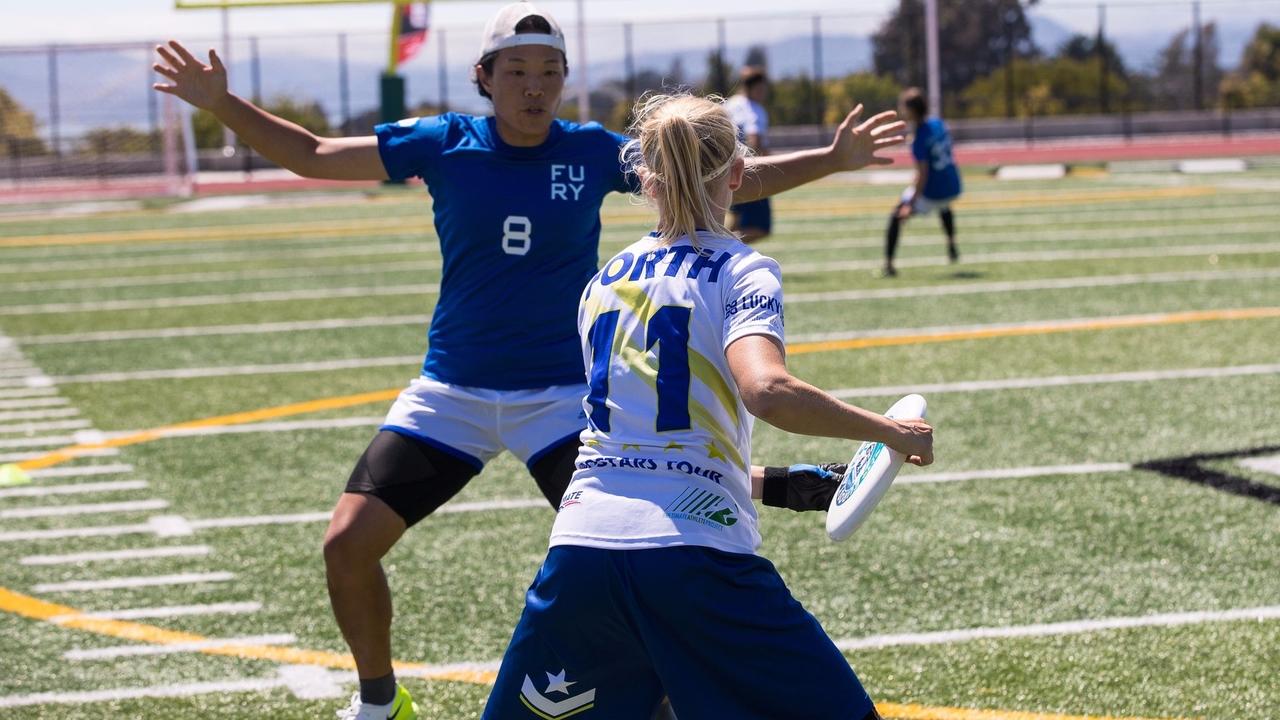How to Reduce Your Unforced Throwing Errors

Ultimate is a game of possession, and invasion. Every attempted throw that isn’t completed reduces your team’s possession. No matter the level of Ultimate, if you find ways to turnover less, without negatively impacting other parts of your game, then you will position yourself and your team to win more.
In game, we absorb pitch information, convert that into throwing windows, rank those options, then fire a set of motor-neuron pathways which control a range of different muscles that attempt to deliver our selected option. This process happens really quickly, much quicker than the part of our mind that rationalises decisions. So, the bit of your mind that tells you why you took a particular shot isn’t the same bit of your mind that actually made the decision and attempted it. (brains are crazy huh?!)
How does this impact us?
The process for reducing thrower-led turnovers is this:
- Note down the relevant components of our turnovers
- Spot patterns, and isolate one or two aspects to work on
- Set up good learning environments to re-rep
When we come to write notes, we’ll use the rational mind, and it has several well-known weaknesses, including confirmation bias. For example, let’s suppose our rational mind thinks we’re not good at scoobers. And in game we turnover on scoobers a lot. Therefore our rational mind pats itself on the back - it was right! Except it neglected to notice that we only really throw scoobers on high stall counts, and also that most things we throw at high stall tends to result in turnovers. So really if we want to reduce our turnovers, the biggest win isn’t going to be from working on our scoobers, but instead from working on staying calm late in the stall, and/or getting better at recognising-and-taking earlier options.
Want the right answer? Ask the right questions!
So, given that we know that our rational mind might not know the correct answer, we need to take care to ask it questions that involve less opportunity for it to accidentally mislead us. Instead, we want to ask things that are focused on recall. For instance you might make a list of things to note that looks like...
- Context (Scoreline? / Day of week / Pickup vs Tournament)
- Where was I on the field?
- What stall number did I throw on?
- Do I recall seeing any other teammates? Which ones?
- ....
With each, we’re aiming to give ourselves questions to use to measure our behaviour without letting any expectations get in the way.
Feedback, and analysing the data
If we can, we want to check this data against what our team-mates remember, or even better, what a camera shows. This will not only give us better data, but it will also give us practice at lining up our perception closer with reality.
Once we've collected sufficient data (probably multiple sessions), we can begin to ask more generic questions from the data, such as “do my turnovers tend to occur in the same part of the pitch?” or “How many of my teammates am I actually aware of?” How we collect this data, and then use it to reduce our turnovers, is the topic of the latest module in the Ultimate Skills Project.
Closing note: success is more than just possession
Success is more than just keeping the disc. To impact a scoreline we also have to involve invasion, moving the disc up the field. But also, from a personal perspective, success to many of us probably involves improving our skill. We achieve that through practice, and practice must involve error.
So, do use the tools in this month’s Ultimate Skills Project module to improve how you identify where your turns occur and apply the suggested approaches to reduce those turns. But do not blindly associate all turns as bad. If you had no external objective in the drill or game, if you weren’t pushing yourself, then yes, the turn is an error. But if you were working on a particular skill, then you’re going to need reps, and that will necessarily mean occasional turns. In those situations, success might not be "did I turn?", but "did I take on the force?"

